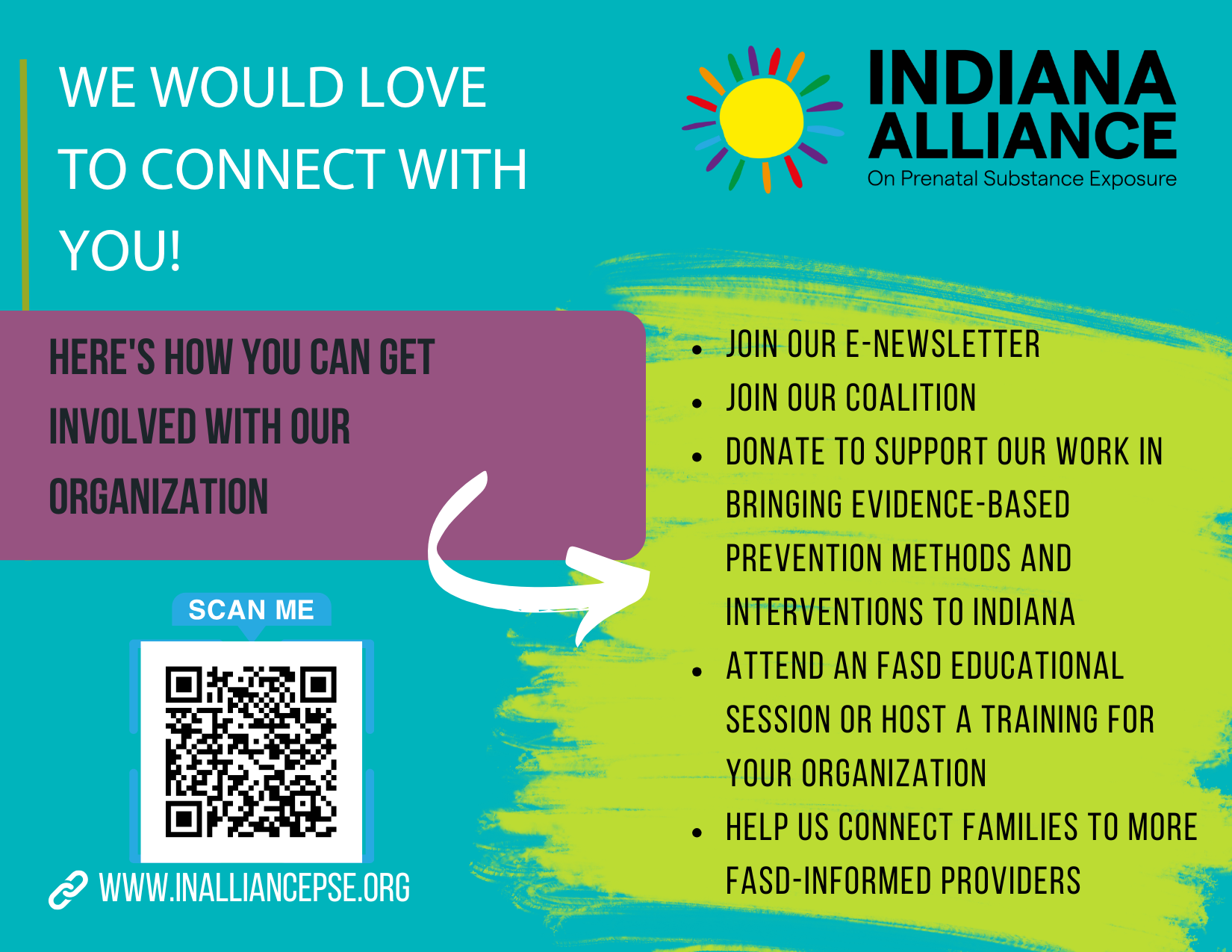
Raising children is not for the faint of heart. There are moments where what your child has overcome and accomplished will take your breath away, sudden twists and turns where your fingers are clinched into whatever you can reach and times when the floor seems to drop out from underneath you and fear has a vise grip hold on your heart and you just might have wet yourself a little…not enough that it shows. And then there are the challenges of a parent of an awesomely unique individual with special needs. Join me on this adventure as I delve deeper into my top ten list of what this mama does not want to hear. Please start a list of your own. I would love to hear yours.
10. We don’t see that kind of behavior here.
9. We are having trouble locating your child.
8. Our policy just doesn’t allow us to do that…whatever that is at the moment.
7. Our next available appointment is six months out.
6. We are going to have to reschedule your appointment…the one you waited on for six months.
5. I’m sorry. We can’t help. You have already done everything we would try.
4. We don’t have a current script for that and if we did that medication is on back order.
3. It’s environmental. If the parents would just…
2. All kids need is kind, caring, consistent parents to be successful in life.
1. Have you considered a sticker chart?
10. We don’t see that kind of behavior here.
While I was thrilled that my children were not physically attacking staff or other students, having a meltdown registering on the rector scale or destroying property, the suggestion that I come to and observe how “they” managed behaviors to reduce meltdowns at home, could have earned me a mommy time-out. True story. When our then 14-year-old hit a rough patch that resulted in 3 acute inpatient stays and a 4-month residential stay recommended by his team, a staff member from his school, that had limited exposure to him, demanded to know who to speak to about the decision because they didn’t see behavior at school that warranted a residential stay. In addition, they suggested if “we” were to be on the same page at home we might see fewer concerning behaviors. In most cases, it is not that parents of children with extra needs have missed the mark of “good” parenting, it is that the parents know their child and have created an environment where the child who has held it together outside the home feels SAFE to explode or melt down when they return after a stressful day. On one occasion a therapist asked our son, “do you treat your teacher like you treat your mom?” He replied, “NO! I know my mom is going to be there no matter what I do. My teacher might get mad at me and send me to the office.” While it doesn’t feel like a privilege to be the receiver of our kid’s challenging behavior, it does mean they know we are their safe person.
9. We are having trouble locating your child.
Do those words instantly strike terror in anyone else’s heart? Although it has been a few years ago, I can see it in my mind’s eye like it happened yesterday. Towards the end of a Sunday church service, a junior church worker leaned into my pew and whispered in my ear I needed to leave with her, NOW. A thousand “what ifs” hit me as I quietly exit the sanctuary with a smile. In the foyer she explained that they could not find our son, who has a diagnosis on the autism and FASD spectrum. They had been searching for fifteen minutes and needed my help. My brain was screaming…how does a child in a “secured” environment with “adequate supervision” disappear?… what was the group doing while he “disappeared”?… was it like a poof and he was gone? or did he quietly exit when you weren’t watching?… what part of he needs direct supervision did you NOT get? Instead, my calm, logical self took over the search. Another fifteen minutes passed and we had still not located our son. Heart pounding in my chest, we made the decision to call the police. Reaching for the phone, one of my older children turned the corner with the missing son in tow. He had become over stimulated, slipped out of the room and found a dark place under a pew to sleep. The staff were irritated with him not being where he was supposed to be and determined they were not equipped to supervise my son and meet the needs of the other children at the same time. I graciously accepted their conclusion and kept all my children with me from that day forward. Too often things get flipped, kids are blamed for meeting their needs the only way they can at the time and less than positive consequences are extended. When information is shared, understanded, extended and an agreed upon, individuals with additional needs or challenges can positively participate in their communities.
8. Our policy just doesn’t allow us to do that…whatever that is at the moment.
If there is more than one person who responds when I am reaching out for information or services, I usually get a different answer every time I make contact. This can be cumbersome when completing applications, providing documentation for services or trying to determine if my child qualifies for services and how they will be delivered. When pushing for clarity I hear, “our policy/guidelines do not allow us to do that” prompting me to ask where I might find a written copy of their policy/guidelines. Maybe it’s just me but this practice seems inefficient, time consuming for all parties and delays my kiddos receiving support and services created to be helpful. Families are familiar with staff turnover, differences in interpretation and factors that go into why we can’t seem to get a reliable answer. As an incentive for consistency, I think families should be given a trip to a U.S. location of their choice if they are given conflicting information or maybe RESPITE for their kiddos.
7. Our next available appointment is six months out…
Caregivers of children with additional or special needs can experience extraordinary challenges locating service providers versed in their needs. This shortage of providers then creates capacity issues for those providing care and long wait times for families. This long wait time comes after the caregiver has watched the child to ensure the need they are seeing is not a fluke or an isolated instance and the primary care physician has been convinced a referral is necessary. All of this happens while balancing work, childcare, home maintenance, car payments, appliance repair, or what we commonly refer to as LIFE. The frustration the caregivers and the providers feel can come from a place, of helplessness and not being heard. This understanding that caregivers and providers are on the same team, battling structurally flawed systems, is not comforting in the moment when your son is at the breakpoint and has parked his car to call and tell you goodbye, one last time. I convinced him to call his mental health provider and request an inpatient assessment. The receptionist asked if he had a weapon or means to end his life in the car with him. When he responded, he did not; he was told the next available appointment they had was in 5 weeks and to go straight to the ER if he decided to acquire a weapon or substance that could end his life. TRUE STORY.







